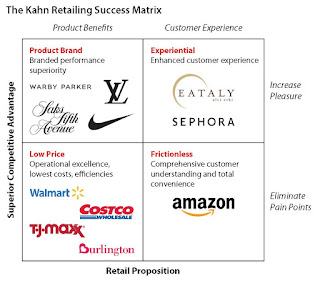The American Education System: Public Schools
This past Wednesday, Andover Business Club got to have their first outside meeting of 2021. It was amazing to see everyone in person after a year apart, and the board is more than convinced that everyone was tired of meeting online. This week is also one of the first weeks everyone at PA got to attend classes in person, and the campus is starting to take back its friendly feel. Unfortunately, one of our presidents was not able to be in person. However, make no mistake, Kenichi was still as much of a presence as he was last year. Not to mention, with the help of board members such as Rohan and Reese, ABC gained 13 members yesterday alone! With growth like this, ABC could be looking at an even bigger group than last year.
Switching to the topic of our Wednesday meeting, ABC talked as a whole about the American education system. More specifically, we talked about public schools in America. Most members brought up the struggles of public schools in the poorer parts of America. We talked about how the government would be much more likely to throw money at its already strong and wealthy public schools, than at the schools that are struggling to do things such as hire better teachers or invest in resources (such as new books) for their students. When this issue was brought to the attention of ABC, Kenichi was quick to bring up the topic of Singapore, and how the way their government organizes their spending is much better concerning public education. Singapore invests 30% of its annual government spending into its public education system, a far greater amount than America's 5%. Members seemed to strongly agree with Singapore's strategy of government spending, but some brought up the fact that Singapore is a lot smaller than countries like America and Russia, where the education systems seem to be rather lackluster in some factions.
During the meeting, it was brought up that different countries have different priorities. In a country such as America, the government's priorities are shifted far in the direction of the military and other protective agencies. With the amount of money that America spends on its military (nearly $735 billion as of 2019, roughly 53% of the government spending budget), some members argued that downsizing the military would allow the country to put more money towards its public schools.
Other members argued that it might not be so much the government spending that is hurting public schools in various places in America, but rather the rich and affluent families sending their children to private schools. After a thorough discussion on this topic, it seemed that even the wealthiest zip codes in the country can suffer from this problem. Wealthy families (or generally any family that can afford to send their kids to private school) will invest thousands of dollars each year to send their kids to private schools with the hopes of giving their children a better education. Who knows, are private schools truly better than public schools, or is the prestige worth more than a good education? Would we rather send our children to a substandard private school than a notable public one? Nonetheless, when these families send their kids off to private schools, they are not putting money into the hands of the public education system, but stripping it away. This causes the public schools to suffer, as they lose large sources of income when this happens.
Thank you to everyone that came out for our first outdoor meeting! The board hopes to see you all next week!

Comments
Post a Comment